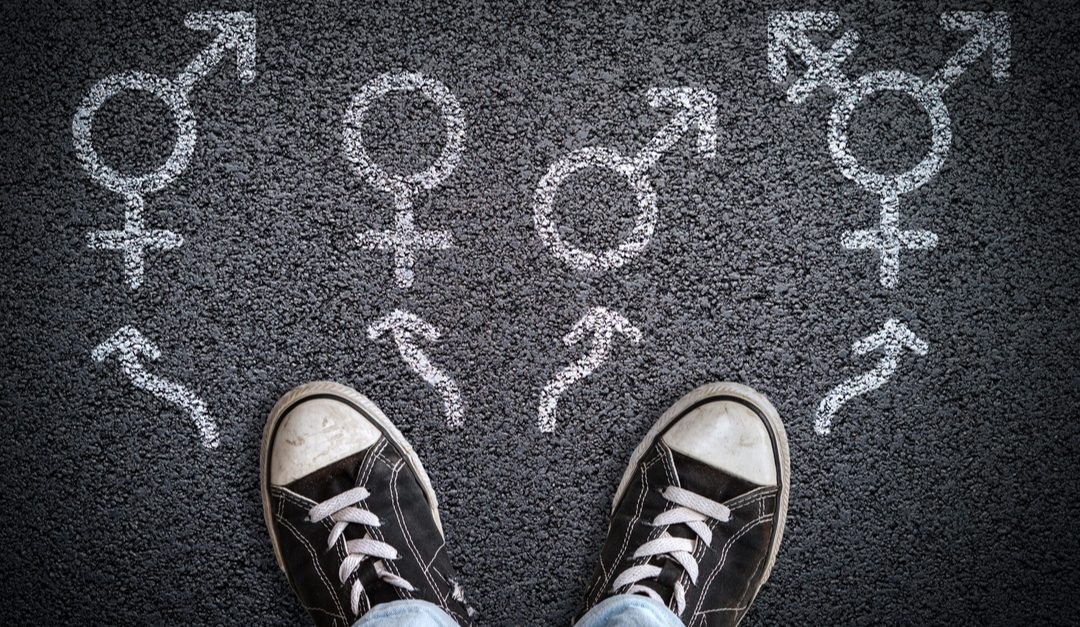A 2017 study titled Age of Individuals Who Identify as Transgender in the United States showed an estimated 0.7 percent of youth ages 13-17, or 150,000, identify as transgender in the United States, and a more recent CDC study reported 1.8% of students enrolled in 19 state and urban school districts identified as transgender. Hormonal intervention for transgender youth has been shown to have an overwhelmingly positive effect with research indicating reduced symptoms of anxiety and depression.
Peripubertal or adolescent transgender youth initiating gender-affirming hormone treatment may experience impairment of gonadal function which can lead to infertility. Fertility preservation options are available that may preserve the chance to have a biologically child in the future.
Through the UPMC Center for Reproduction and Transplantation at Magee-Womens Hospital, the Fertility Preservation Program in Pittsburgh provides the following fertility care services for transgender children, adolescents and adults:
- semen cryopreservation
- embryo cryopreservation
- oocyte cryopreservation
- donor sperm or donor egg
- testicular tissue freezing (with approval of the Institutional Review Board of the University of Pittsburgh)
- ovarian tissue freezing (with approval of the Institutional Review Board of the University of Pittsburgh)
